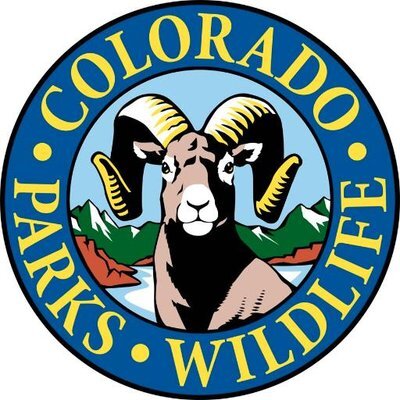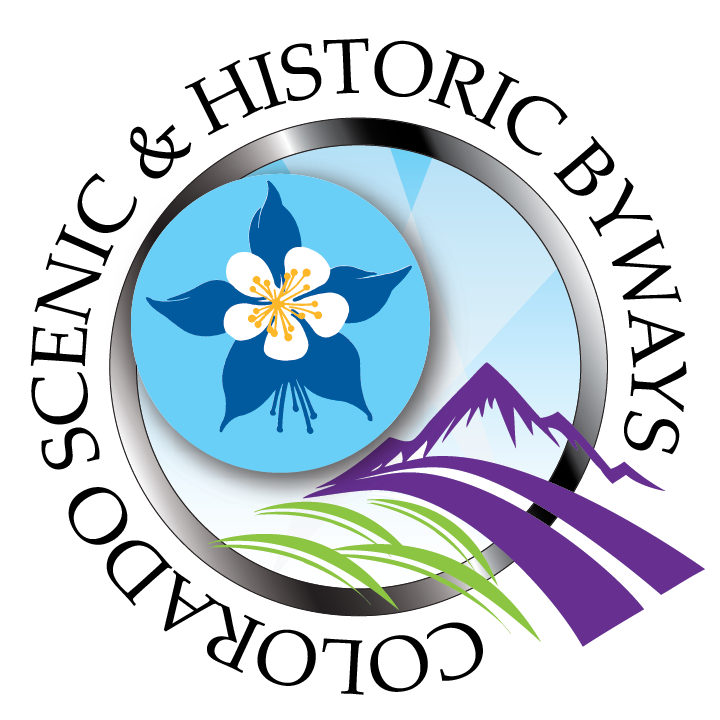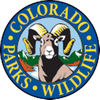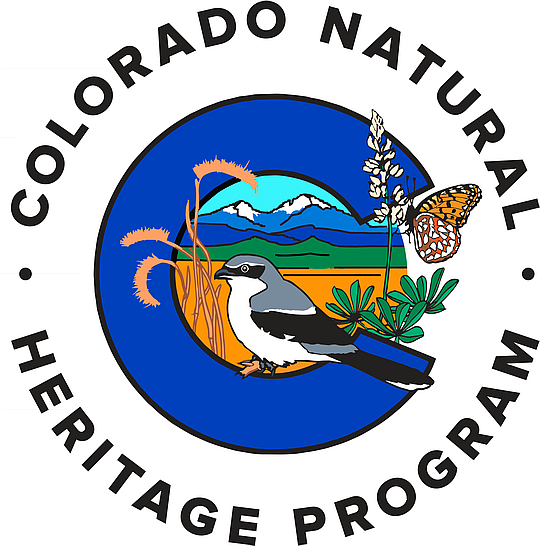Spring Summit is Keep It Colorado’s annual convening designed to bring our statewide members together for coalition building, peer-to-peer learning and strategic conversation. This year’s event will once again be virtual! Members are asked to register via the Member Portal Calendar using their login and password. Contact Linda with questions.
Day 1
10:00-10:10 Welcome
Melissa Daruna and Rebecca Jewett
10:10-10:30 Priorities and Vision for the Year Ahead
Melissa Daruna
10:30-10:55 Policy Updates and a History of Land Conservation Policy in Colorado
Melissa Daruna with Jim Petterson, Trust for Public Land and Erik Glenn, Colorado Cattlemen’s Agricultural Land Trust
10:55-11:10 Transaction Cost Assistance for Land Trusts
Melissa Daruna
11:10-11:35 Colorado Regional Outdoor Partnerships +
Colorado Wildlife Habitat Program and 2021 Funding Cycle
Dan Zimmerer and Amanda Nims, Colorado Parks and Wildlife
11:35-11:45 Land Trust Alliance Updates
Amanda Hill, Land Trust Alliance
11:45-12:30 LUNCH BREAK
Innovative Conservation Tools and Climate Change
12:30-1:00 Remote Monitoring Program
Linda Lidov with Jake Faber, Land Trust Alliance and Jamie Johnson, Montezuma Land Conservancy
1:00-1:30 Alternative Valuation Pilot
Melissa Daruna
1:30-2:00 Statewide Private Lands Conservation Plan
Melissa Daruna with Carlos Fernandez and Paige Lewis, The Nature Conservancy
2:00-2:15 BREAK
2:15-3:00 Facilitated Roundtable: 30x30 and Private Land Conservation
Panelists: Aaron Citron, The Nature Conservancy; Vanessa Mazal, Colorado Department of Natural Resources; Tyler McIntosh, Center for Western Priorities
3:00-3:45 Breakout Discussions: What Does 30x30 Mean for Us?
3:45-4:00 Closing and Final Remarks
Day 2
10:00-10:15 Welcome
Melissa Daruna and Suzanne Stephens
Member Showcase (read full speaker abstracts below)
10:15-10:30 Shorter-term Land Conservation Agreements with Landowners
Adam Beh, Central Colorado Conservancy
10:30-10:45 Estes Valley Open Space Plan: Balancing Conservation and Economic Development in a Mountain Town
Jeffrey Boring, Estes Valley Land Trust; Jeremy Call and Kristina Kachur, Logan Simpson
10:45-11:00 Engaging Community Members in Setting Priorities for the Future
Jessica Foulis, Eagle Valley Land Trust
11:00-11:15 Carbon Market Opportunities for Land Trusts
Nicole Rosmarino, Southern Plains Land Trust
11:15-11:45 Q&A
11:45-12:30 LUNCH BREAK
12:30-12:45 Trends in State and Local Conservation Ballot Measures
Conor Hall, Trust for Public Land
12:45-1:00 Lessons from 2020: Open Space Management
Rick Bachand, City of Fort Collins Natural Areas Department
1:00-1:15 Food Security in the San Luis Valley
Joelle Marier, Rio Grande Headwaters Land Trust
1:15-1:30 Toward a Deeper Understanding of Regional Lands Collaboration and Cultural Connections
Travis Custer, Montezuma Land Conservancy and Regina Lopez-Whiteskunk, Telluride Institute
1:30-2:00 Q&A
2:00-2:15 Closing and Final Remarks
MEMBER SHOWCASE SPEAKER ABSTRACTS
MORNING
1. Shorter-term Land Conservation Arrangements with Landowners
Adam Beh, Executive Director, Central Colo Conservancy
For landowners who would like to conserve their property but are not ready for a permanent conservation easement, a new shorter-term arrangement offers an alternative. Central Colorado Conservancy has completed a first-year pilot program that enables landowners to enter into a five-year conservation agreement with the land trust. Developed in partnership with Chaffee Common Ground, Community Conservation Connection is an effort to slow down the accelerated rates of land and resource conversion in Chaffee County.
2. Estes Valley Open Space Plan: Balancing Conservation and Economic Development in a Mountain Town
Jeffrey Boring, Executive Director, Estes Valley Land Trust
Jeremy Call, Principal, and Kristina Kachur, Community/Environmental Planner, Logan Simpson
The Estes Valley is surrounded by federal land and each year, more than 3 million people travel through Estes Park en route to Rocky Mountain National Park. Find out how a small land trust in a mountain town with a diversity of interests helps balance competing land issues related to conservation, outdoor recreation, economic development and workforce housing, through a collaborative planning process.
3. Engaging Community Members in Setting Priorities for the Future
Jessica Foulis, Executive Director, Eagle Valley Land Trust
For 40 years, Eagle Valley Land Trust has been working to protect land for the Eagle Valley community, wildlife and future generations. Knowing that success for the next 40 will depend on meeting the community’s priorities and wishes, last year the land trust embarked on a strategic planning journey that involved collecting input from the community itself. What resulted is a strategic dashboard and a plan that maps out EVLT’s priorities for the next several decades.
4. Carbon Market Opportunities for Land Trusts
Nicole Rosmarino, Executive Director, Southern Plains Land Trust
Land trusts are increasingly exploring creative tools and strategies to improve the health of natural areas while addressing climate-related challenges. Carbon markets represent a major opportunity to increase the pace of conservation in Colorado while creating a self-sustaining financing mechanism. This presentation will help land trusts determine whether a carbon program can help advance their goals, describe how to participate, and describe what’s involved from a land trust and a landowner perspective.
AFTERNOON
5. Trends in State and Local Conservation Ballot Measures
Conor Hall, Director of Conservation Strategies, Policy, Advocacy and Government Relations for the Intermountain West, Trust for Public Land
This session will focus on recent trends in local conservation funding and ballot initiatives with an emphasis on Colorado. Are we seeing an increase in local open space tax initiatives, creative ballot measures to tackle climate solutions or measures aimed at creating more opportunities for people to connect with nature? What are the messages and conservation priorities that are landing with the electorate?
6. Lessons from 2020: Open Space Management
Rick Bachand, Environmental Program Manager, City of Fort Collins Natural Areas
In 2020, Colorado’s natural areas experienced record visitation. Sites near Fort Collins, for instance, saw a 150% surge in visitors compared to 2019. Compounding the high visitation was the closure of the Arapaho-Roosevelt National Forest due to the Cameron Pass fire, forcing recreationists to seek alternative open space. A number of measures were taken to manage these challenges. How will lessons from 2020 influence the future of open space management, especially in light of statewide population growth?
7. Food Security in the San Luis Valley
Joelle Marier, Associate Director, Rio Grande Headwaters Land Trust
During the economic struggles of the COVID-19 pandemic, the San Luis Valley community needed some extra help. Local Farms to Local Families is a new food security program developed by Rio Grande Headwaters Land Trust to provide healthy meals sourced from local agricultural producers to San Luis Valley families, youth, and our elderly in need.
8. Toward a Deeper Understanding of Regional Lands Collaboration and Cultural Connections
Travis Custer, Executive Director, Montezuma Land Conservancy
There is a recognized need for conservation organizations to deepen our commitment to diversity, equity, and inclusion, and address our historic and ongoing participation in systems of oppression. It is critical that we embark on authentic paths to healing, reconciliation and reciprocity. With members of the Ute Mountain Ute Tribe and the Telluride Institute, MLC is deepening our commitment to these efforts including unique youth programing efforts and conversations around cross-cultural lands projects.















